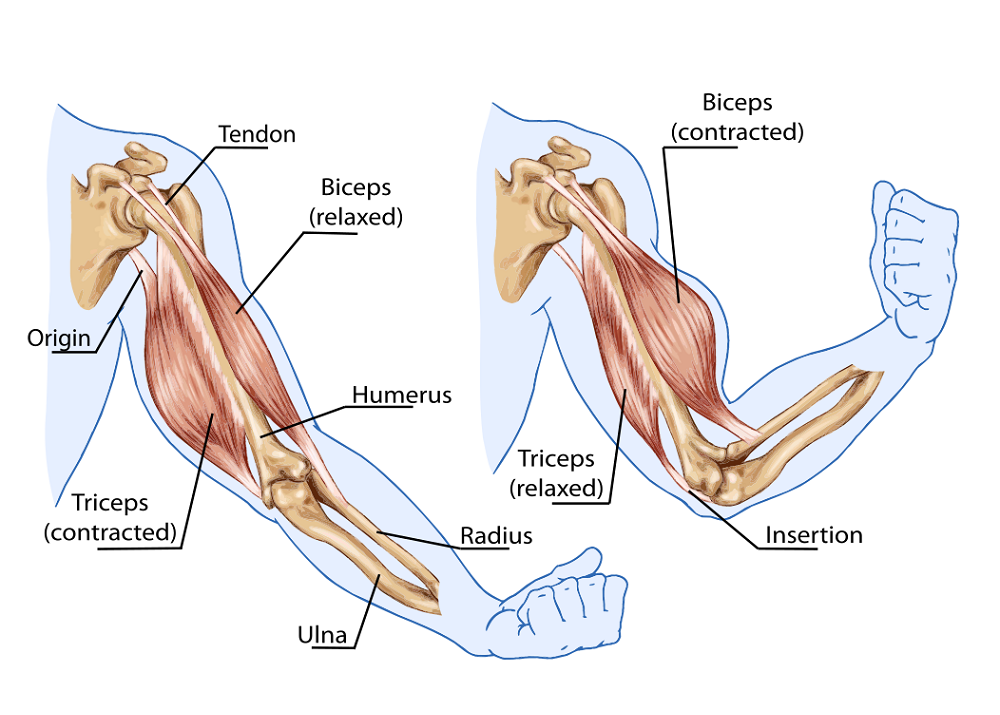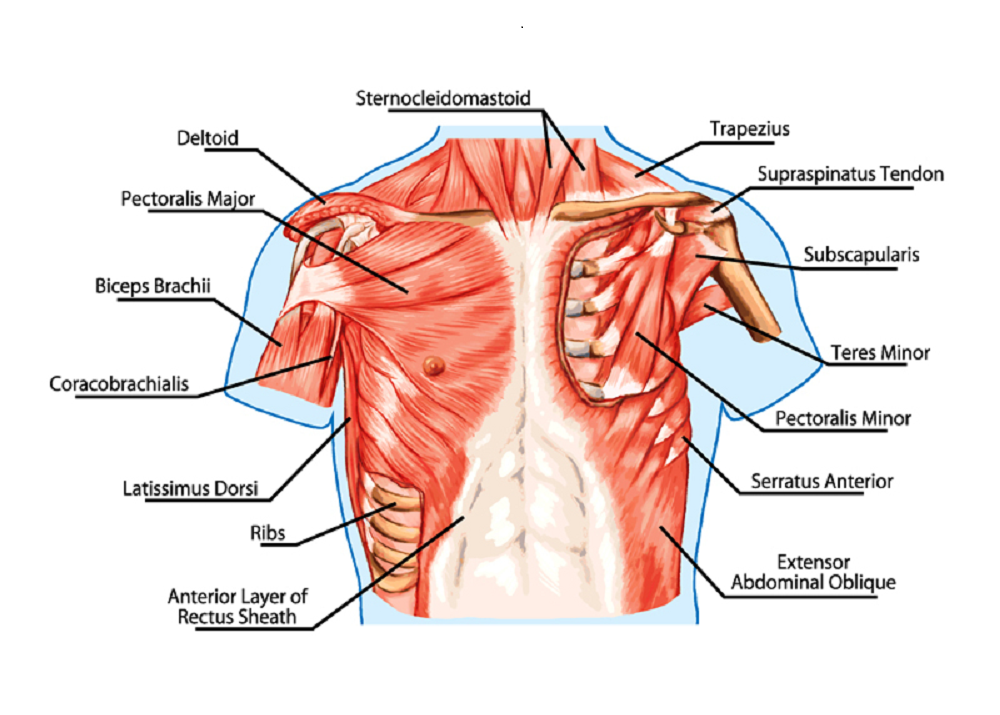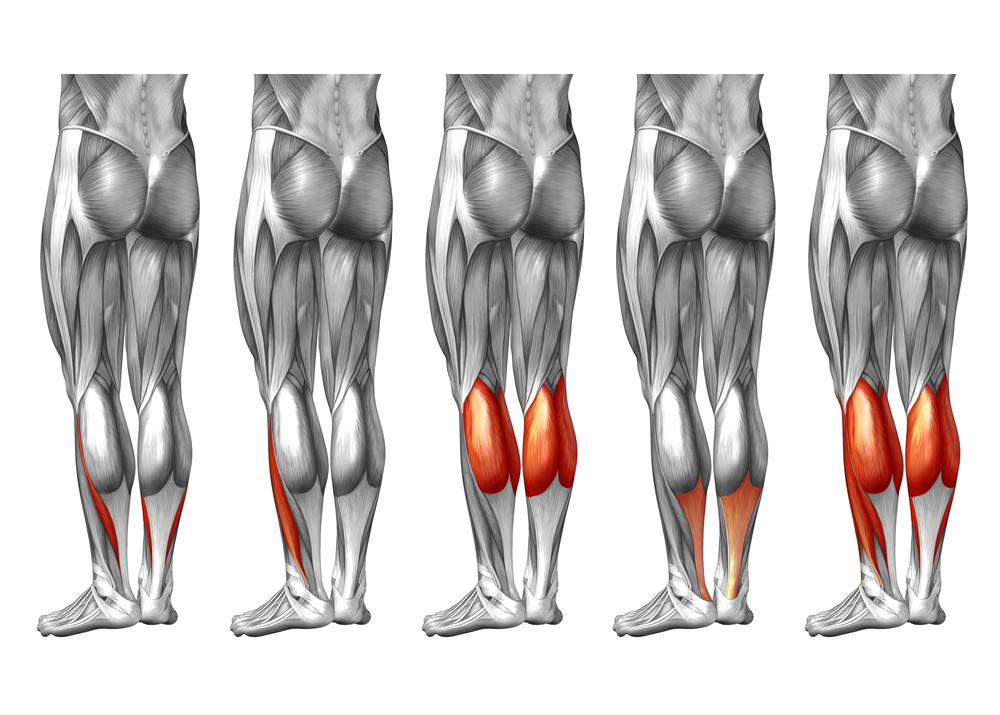Introduction:
Muscle contraction is a complex physiological process that plays a crucial role in the functioning of the human body. From lifting a pencil to running a marathon, muscle contractions are responsible for every movement we make. Understanding the different types of muscle contractions is essential for athletes, fitness enthusiasts, and anyone interested in optimizing their physical performance. In this comprehensive guide, we will delve into the three primary types of muscle contractions: isotonic, isometric, and eccentric.
Isotonic Contractions:
Isotonic contractions involve a change in muscle length and tension while maintaining a constant load. There are two subtypes of isotonic contractions: concentric and eccentric.
a. Concentric Contractions:
Concentric contractions occur when a muscle shortens in length against resistance. This is the phase of muscle contraction most commonly associated with lifting weights. For example, during a bicep curl, the concentric contraction happens when you lift the weight towards your shoulder.
b. Eccentric Contractions:
Eccentric contractions, on the other hand, occur when a muscle lengthens while under tension. This typically happens during the lowering phase of a movement. Using the same bicep curl example, the eccentric contraction occurs when you lower the weight back down.
Understanding the significance of both concentric and eccentric contractions is crucial for designing effective workout routines and preventing injuries. Eccentric contractions, in particular, are known for inducing muscle soreness and are often a focus in strength training programs.
Isometric Contractions:
Isometric contractions involve muscle tension without a change in length. In other words, the muscle stays the same length while producing force. Holding a plank position is a classic example of an isometric contraction, as the muscles are engaged, but there is no visible movement.
Isometric contractions are valuable for improving muscle endurance and stability. They are commonly incorporated into rehabilitation programs and can be beneficial for strengthening specific joint angles.
Isokinetic Contractions:
Isokinetic contractions involve a constant speed of contraction, ensuring that the muscle shortens at a consistent rate. Specialized equipment is often used to maintain this constant speed throughout the entire range of motion. While less commonly discussed than isotonic and isometric contractions, isokinetic exercises are useful in rehabilitation settings and for targeting specific muscle imbalances.
Conclusion:
A well-rounded understanding of muscle contraction types is essential for anyone looking to enhance their physical performance, whether in sports, fitness, or daily activities. Incorporating a variety of isotonic, isometric, and isokinetic exercises into your training routine can lead to balanced muscle development, improved strength, and reduced risk of injury. Tailoring your workouts to include concentric, eccentric, and isometric components will help you achieve a more comprehensive and effective approach to muscle training.



